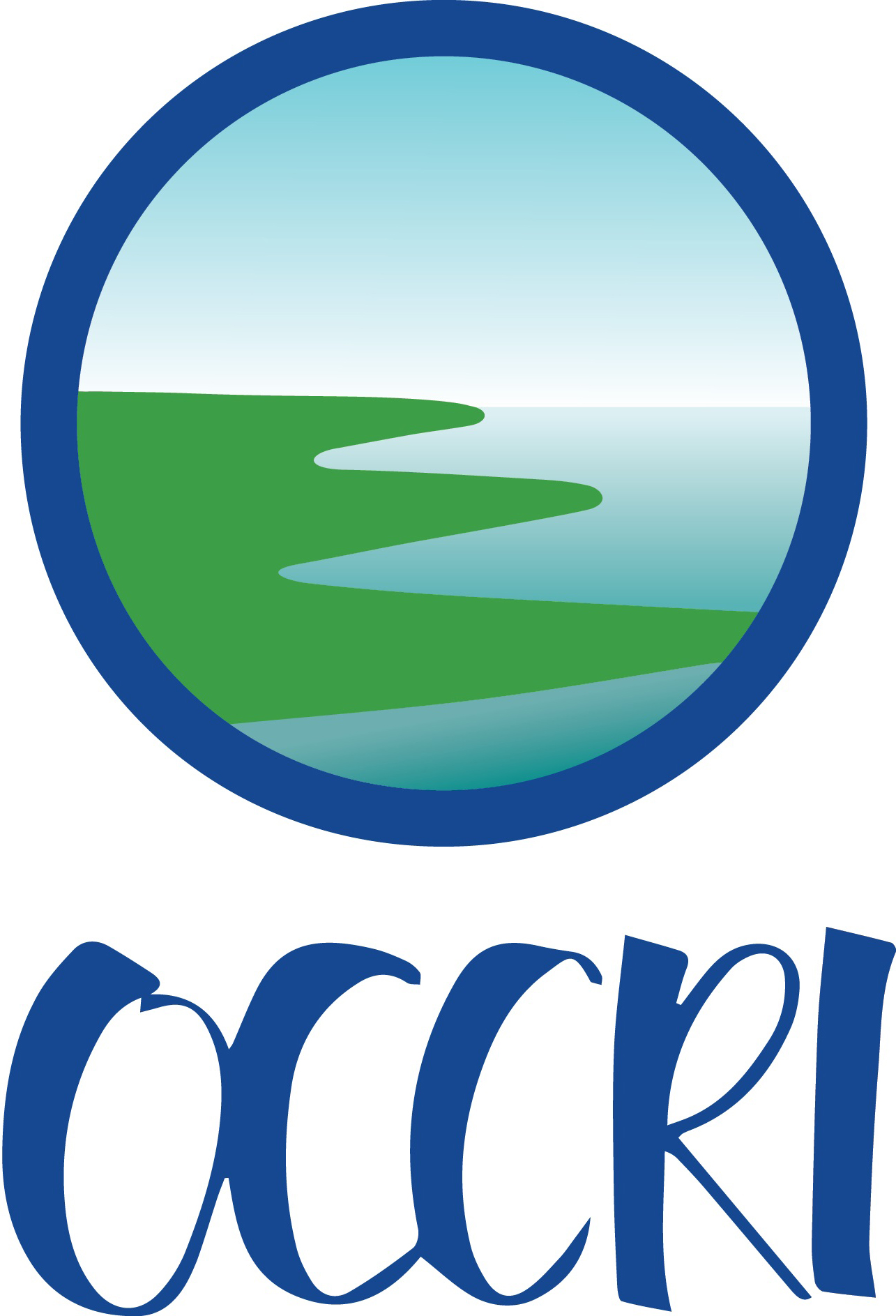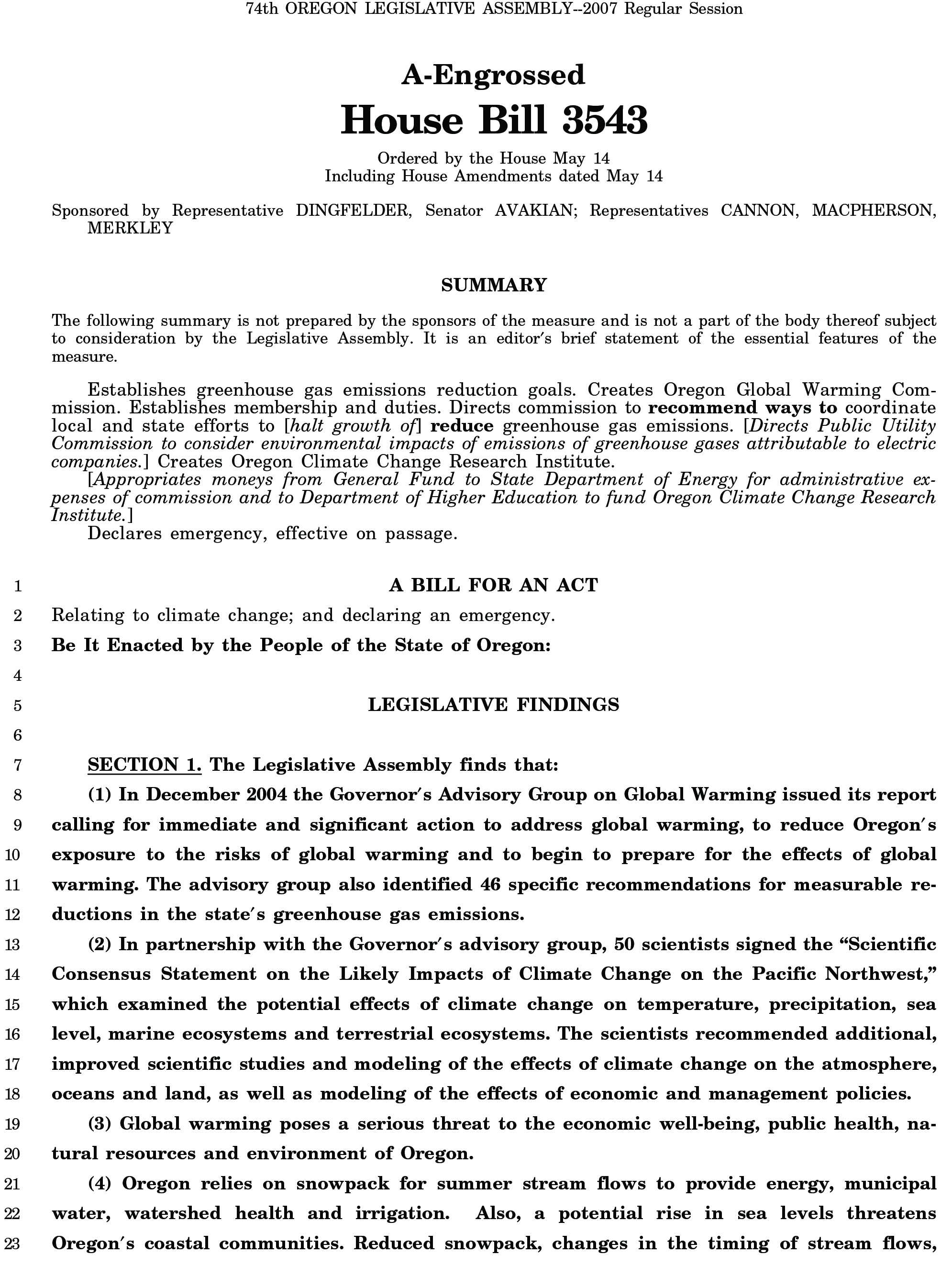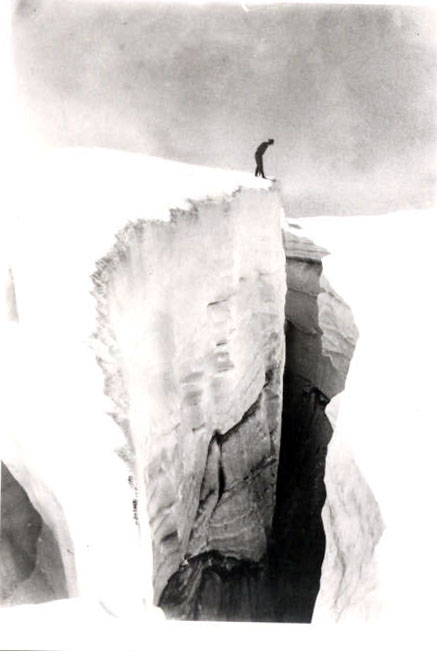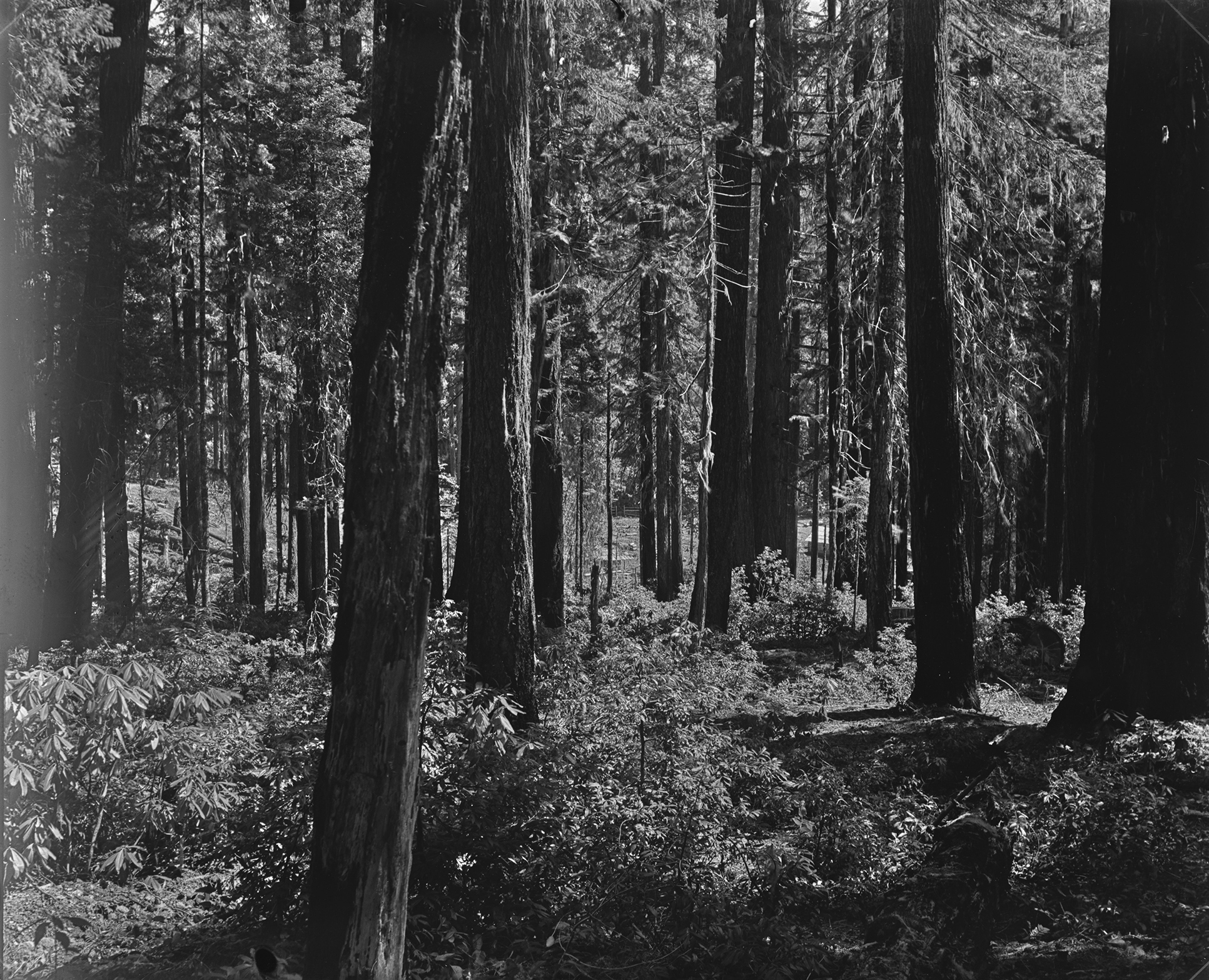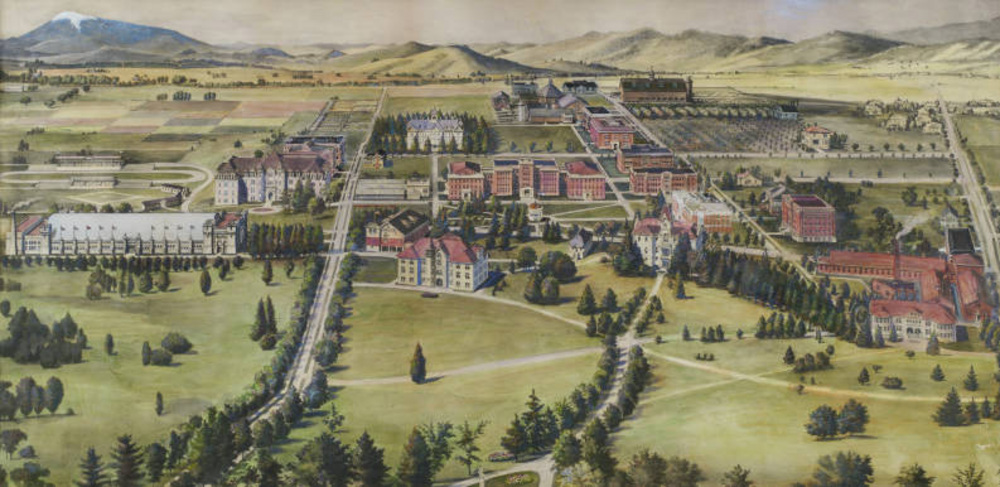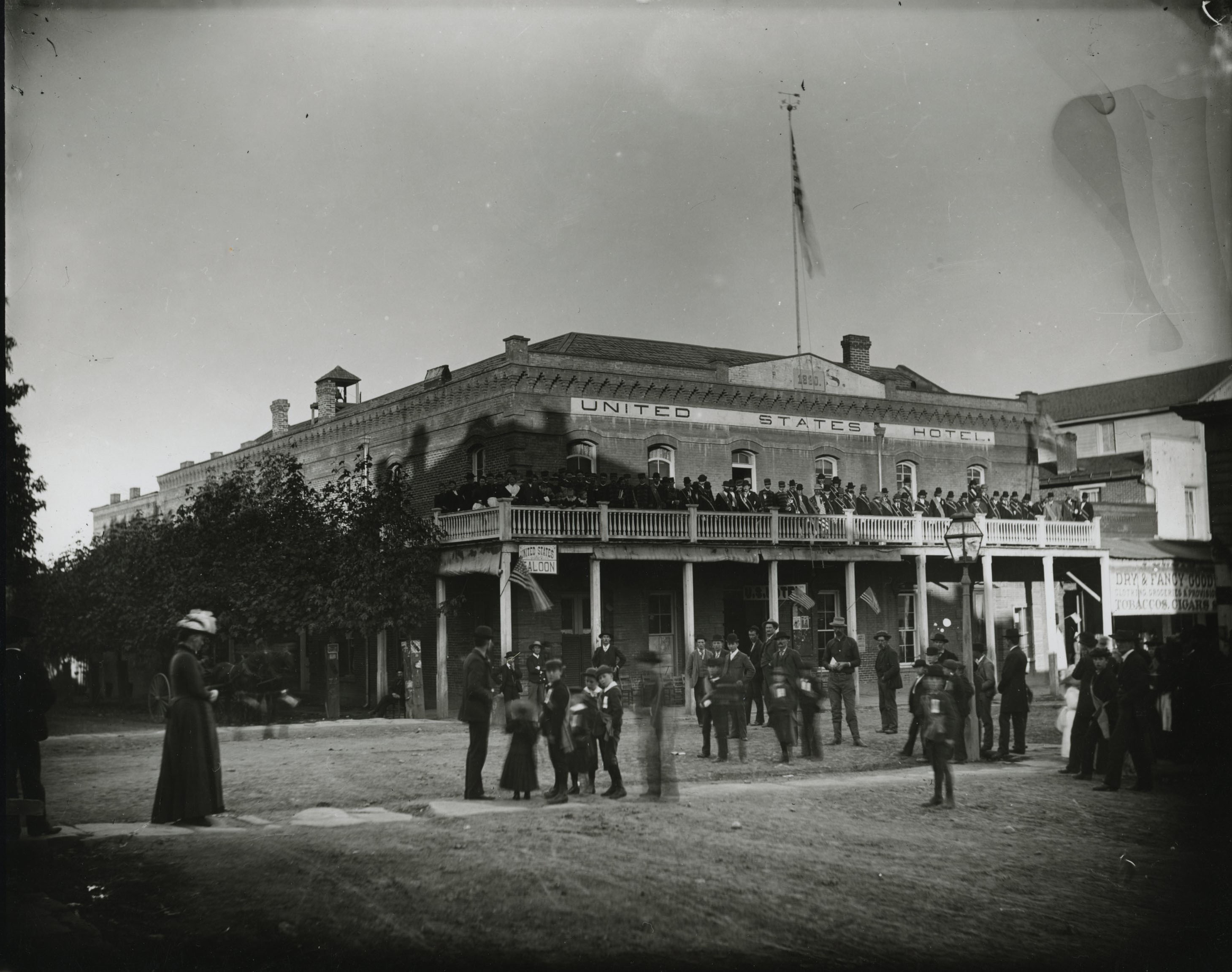The Oregon Climate Change Research Institute was established in 2007 to promote research on climate change in the Oregon university system and to facilitate the communication of climate change information to researchers and the public. OCCRI’s work has been invaluable to Oregonians as they better understand and adapt to climate change. More than 150 scientists—from Oregon State University, Southern Oregon University, University of Oregon, Portland State University, and several government-funded labs—are associated with OCCRI. Central to their research is how climate change affects Oregon water and forest resources, especially potential shifts in snowpack activity and the fire season. The institute is administered by OSU and housed at its College for Earth, Ocean, and Atmospheric Sciences.
In 2004, a coalition of scientists and a Governor’s Advisory Group on Global Warming issued a statement on the potential environmental effects of climate change on the State of Oregon. The group recommended further scientific studies and modeling of the environmental and economic consequences. The Oregon Legislative Assembly established the institute in House Bill 3543, which was passed in 2007.
In addition to functioning as a clearinghouse for scientific, economic, and social information on climate change, OCCRI has released Climate Assessment Reports roughly every other year since 2010. Those reports, which were initially submitted to the State Legislative Assembly and the Governor’s Office, detail the state of climate science and the impending effects of climate change. Beyond local resources, the reports serve as national resources, reflecting Oregon’s history as a national leader in sustainability and environmental stewardship. In addition, OCCRI coordinates with the concurrently inaugurated Oregon Global Warming Commission to advise local government bodies on climate change policies. OCCRI is also co-host of the Oregon Climate Service, established in the 1970s.
The institute’s policy and action-oriented work is augmented by the Climate Impacts Research Consortium, a group of scientists in the greater Pacific Northwest. Those scientists, who are funded by the National Oceanographic and Atmospheric Association, assist policymakers, communities, and others in adapting to climate change through community outreach and modeling. The membership of the two groups overlaps. Philip Mote, for example was the founding director of OCCRI and also a co-lead for CIRC for nearly a decade.
OCCRI is the base for the Forest Mortality, Economics, and Climate project, which is sponsored by the U.S. Department of Agriculture and the National Institute for Food and Agriculture. FMEC researchers probe the interaction between human activity and forests, notably modeling tree mortality due to insects, fire, and drought. Critically, OCCRI has also worked with Adaptation International to create the Tribal Climate Adaptation Guidebook, designed to assist Indigenous communities in incorporating and using traditional ecological knowledge in addressing and adapting to climate change.
-
![]()
Logo for OCCRI.
Courtesy OCCRI -
![]()
Oregon Legislature, House Bill 3543, "declaring climate change an emergency.".
Courtesy State of Oregon
Related Entries
-
![Climate Change in Oregon]()
Climate Change in Oregon
Within a few hundred miles in Oregon, you can see snowy volcanoes, parc…
-
![Glaciers in Oregon]()
Glaciers in Oregon
Glaciers and permanent snowfields—found in many western states, includi…
-
![Juliana v. United States]()
Juliana v. United States
Described as the “case of the century” and the “biggest case on the pla…
-
![Oregon Forests and Climate Change]()
Oregon Forests and Climate Change
How climate change affects Oregon forests and how those forests affect …
-
![Oregon Global Warming Commission]()
Oregon Global Warming Commission
The Oregon legislature created the Oregon Global Warming Commission in …
-
![Oregon State University]()
Oregon State University
Oregon State University (OSU) traces its roots to 1856, when Corvallis …
-
![Southern Oregon Historical Society]()
Southern Oregon Historical Society
The Southern Oregon Historical Society (SOHS) collects, preserves, and …
Map This on the Oregon History WayFinder
The Oregon History Wayfinder is an interactive map that identifies significant places, people, and events in Oregon history.
Further Reading
“Our Projects.” Oregon Climate Change Research Institution, accessed October 1, 2020.

